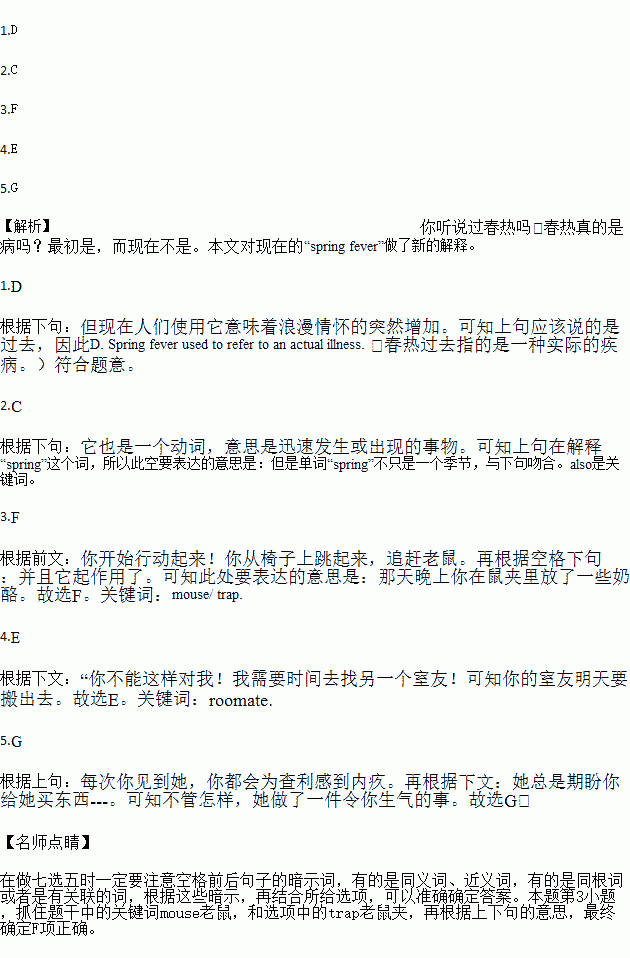So your room is a pile of unfinished projects, unsorted papers, a soccer sweater from last fall, and – beneath it all – puzzle pieces and pet food. You catch some old banana peel and dirty socks every time you walk in the door and you can’t see the top of your bed. ‘No baseball until your room is clean!’ your parents say.
Some kids seem to be born tidy. But if you were not, you probably hear ‘clean your room’ and ‘put piles under the bed and into the closet.’ You also know, though, that this kind of cleaning is just a quick fix.
Wouldn’t you like to clean up your room for good? A real clean-up job is not such a monumental task if you learn a few timesaving ‘tricks of trade’.
If you share a room, get your brother or sister to help. Then collect a pile of big boxes, and take a kitchen timer into your room, and you’re ready for the two easy steps that will turn you into a super sorter!
Do a ‘Big Sort’.
Think about what’s in that mess of stuff in your room.
A big job seems smaller when it’s broken into parts. Write different names on the empty boxes to fit the contents of your room. Write ‘Give Away’ on one box for things you don’t want. Draw a big ‘?’ on another box for those things that don’t belong anywhere else.
Set the timer for 60 minutes. Working for just an hour at a time, you won’t feel as if you’re climbing a mountain of messiness. Ready, set, GO! Put letters from friends and unsorted school papers into a ‘Papers’ box. Put the helmet in with ‘Sports Equipment.’ Throw stinky socks and dirty sweatshirts in a laundry basket. Hang up clothes that belong in the closet. Keep going! Pair your shoes and line them up next to your bed (or in your closet, if there is room). Put dirty dishes in the hall to take to the kitchen later. Take a look around. There’s your bed! Dad’s missing hammer! Tuesday’s homework assignment! Things are getting neater. Toss (扔) trash into the wastebasket.
Depending on how messy your room is, this Big Sort could take several sessions. Keep at it!
Plan where things should live.
Handle one of your Big Sort groups at a time. Do the items in your groups already have a home, and they just aren’t in it? Or do they need a ‘place to call home’?
Dirty clothes, for example: if you usually toss them on the floor, put a clothes basket behind your door. Ready, aim… shoot your clothes into the basket. Score!
Store similar supplies in one place. Desk supplies can go into the bottom and lid of an empty egg carton. Put puzzle piece in small empty gift boxes. Keep hobby supplies in plastic bags.
Draw a map of your room to figure out where to put things. Once everything has a home, you can train yourself to put items in their place as soon as you’re done with them. That makes it much easier to keep your room neat.
1.What behavior is regarded as a quick fix?
A. Leaving the soccer jersey on the door.
B. Tossing the old banana peel into the dustbin.
C. Cleaning up the room by hiding everything.
D. Tiding up the room with ‘tricks of trade’.
2.Why does the writer suggest setting a timer while you clean your room?
A. Whatever you haven’t cleaned in an hour is not worth keeping
B. An hour is all the time it takes to clean your entire room.
C. Working for an hour at a time makes a big job seem smaller.
D. Training yourself to put items in their place takes time.[
3.What does the writer say will help you ‘find homes’ for all of your things?
A. Cleaning your kitchen. B. Drawing a map of your room.
C. Throwing away boxes. D. Tossing the unwanted on the floor.
 阅读快车系列答案
阅读快车系列答案

